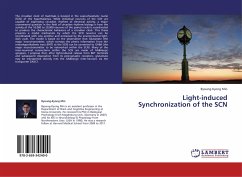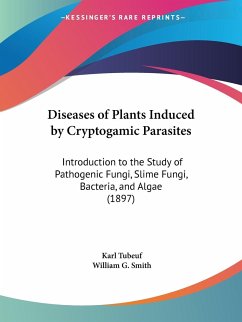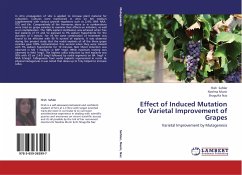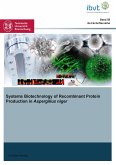Weeds in alfalfa (Medicago sativa) fields reduce both the yield and the quality of the culture and therefore the value of the crop. Nowadays there is no suitable conventional solution for the efficient control of weeds in alfalfa. Increasing concerns about weed shifts and the recent appearance of glyphosate-resistant weeds in alfalfa may require alfalfa lines resistant to other broad-spectrum herbicides, with different sites of actions. Therefore, the aim of the present work was the development of herbicide-resistant alfalfa lines to allow the application of broad-spectrum herbicides on growing alfalfa. Towards this goal a first approach was chosen based on the selection of natural or induced (ethylmethane sulfonate mutagenesis) plant mutants with resistance to acetolactate synthase (ALS) inhibitors. On the other hand, a transgenic approach using three different, herbicide resistance-promoting genes (hydroxyphenylpyruvate-dioxygenase, glutamine synthase, and ALS) was developed and herbicide-resistant alfalfa lines were successfully produced. For both approaches, a robust and efficient in vitro tissue culture was optimized.
Hinweis: Dieser Artikel kann nur an eine deutsche Lieferadresse ausgeliefert werden.
Hinweis: Dieser Artikel kann nur an eine deutsche Lieferadresse ausgeliefert werden.








